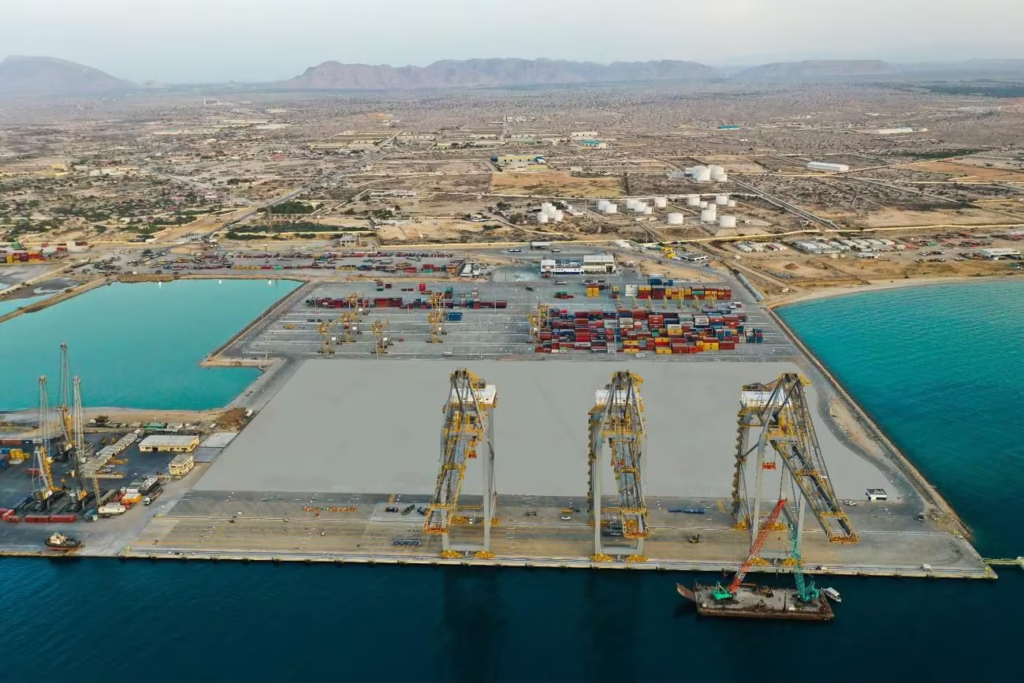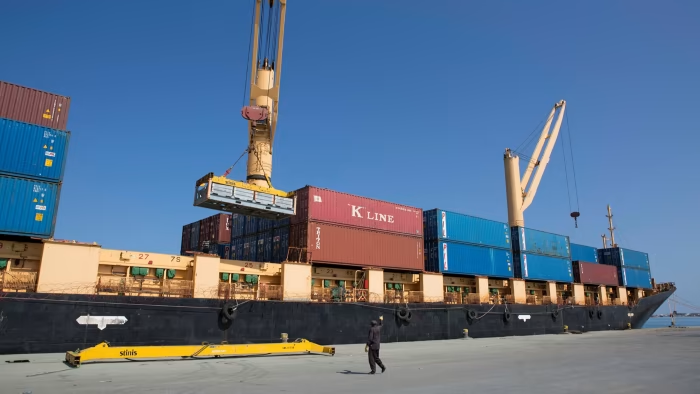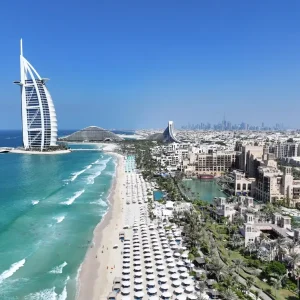Berbera Port trade security is emerging as a game changer for Somaliland and the wider Horn of Africa. As the region seeks to modernize logistics and attract global investment, robust security measures at Berbera are crucial. This article explores how enhanced trade security at Berbera Port can drive economic growth, improve regional stability, and open new corridors for commerce.
Historical context of Berbera Port
Somaliland’s Berbera Port sits on the Gulf of Aden, a historic maritime crossroads linking Middle Eastern, African, and Asian markets. For centuries, traders crossed these waters, moving spices, textiles, and gold. However, instability in nearby Somalia and piracy off the coast have, until recently, limited growth.
Colonial legacy: Built by the British in the 19th century, Berbera served as a naval base and simple trading hub.
Post independence stagnation: After Somalia’s formation in 1960, investment stalled. Infrastructure aged, and security lapses discouraged major liners.
Renewed interest: Since declaring independence in 1991 (though unrecognized internationally), Somaliland has worked to secure its borders. This stability has attracted partners eager to develop Berbera into a modern port.

Strategic importance of trade security at Berbera Port
Trade security extends beyond guards and fences. It encompasses risk management, reliable customs processes, and resilient infrastructure. For Berbera:
- Protecting goods in transit
- Secure cargo handling reduces theft and damage
- Insurance costs drop when ports demonstrate strong security records
- Attracting international shipping lines
- Major carriers seek ports with minimal delays and low risk
- Certifications such as the World Customs Organization’s SAFE Framework signal trustworthiness
- Deterring piracy and smuggling
- Joint patrols with neighboring navies and coast guards keep sea lanes clear
- Advanced scanning detects contraband, protecting both revenue and reputation
Together, these measures fortify Berbera Port trade security, positioning it as a reliable gateway for landlocked neighbors such as Ethiopia, which handles over 50 percent of its imports via Somaliland’s coastline.

Investments and partnerships driving security upgrades
In recent years, a mix of government and private investment has funded key security improvements.
DP World partnership
The Dubai-based operator secured a 30 year concession in 2016. DP World has injected over 400 million dollars into port deepening, new berths, and high tech cargo scanners.
Ethiopian collaboration
With Ethiopia owning a 19 percent stake, Berbera handles Ethiopian imports directly. Revenue sharing agreements fund joint security operations along key transit roads.
International grants and loans
The African Development Bank and other multilateral lenders prioritize security components in their financing. Funds go toward CCTV networks, perimeter fencing, and training for Somaliland’s port police.
These investments not only modernize facilities but also embed Berbera Port trade security into every layer of operations.

Security measures and technology at the port
Modern ports leverage technology for real time monitoring and rapid response. At Berbera:
Automated access control
RFID badges for all personnel limit unauthorized entry. Biometric scanners add an extra verification layer.
Cargo scanning and non intrusive inspection
Gamma ray and X ray scanners detect hidden compartments. K9 units assist in narcotics and explosives detection.
Integrated command center
A 24/7 operations room monitors CCTV feeds, ship movements, and alarms. Data analytics predict peak times, helping allocate security staff efficiently.
Maritime patrols
Joint exercises with regional navies ensure sea lane security. Drones provide aerial surveillance of anchorage zones.
By weaving these systems together, Berbera can guarantee smoother customs clearance and fewer security holds, key factors in global supply chains.
Economic and regional impact
Enhanced Berbera Port trade security ripples across economies:
- Lower logistics costs
- Faster clearance rates mean ships spend less time idle, reducing charter fees
- Secure routes lower insurance premiums for shippers
- Increased cargo volume
- Between 2016 and 2022, throughput rose by over 200 percent, driven partly by security improvements
- Ethiopia’s Container Corporation reports double digit growth in volumes via Berbera
- Job creation
- Expanded operations generate thousands of direct and indirect jobs in logistics, security, and services
- Training programs boost local skill levels, improving long term employability
- Regional integration
- Secure corridors encourage trade between Somaliland, Ethiopia, and beyond
- Neighboring regions invest in roads and rail links, knitting markets closer together
These benefits underscore why many view Berbera as a linchpin for Horn of Africa prosperity.
Challenges to sustaining trade security
While progress is impressive, challenges remain:
Funding gaps
Ongoing maintenance of high tech systems is costly. Dependence on external grants can leave gaps if donors shift priorities.
Political recognition
Somaliland’s unrecognized status limits access to some international security frameworks. This can slow certification processes and deter some investors.
Regional tensions
Disputes over maritime borders or shared revenue could strain cooperation. Ensuring transparent governance is vital to maintain trust.
Capacity building
Training and retaining skilled security personnel requires sustained investment. Career paths and incentives must match regional competitors.
Addressing these challenges will be essential if Berbera Port trade security is to remain world class.

Future prospects and recommendations
To anchor a lasting era of trade security, stakeholders should consider:
- Diversify funding sources
Public private partnerships can spread costs and risks. Port revenues reinvested into security ensure sustainability. - Pursue international certifications
Aligning with the International Ship and Port Facility Security (ISPS) Code boosts credibility. Regular audits keep standards high. - Strengthen regional cooperation
Joint task forces on smuggling and piracy share intelligence. Multinational exercises build interoperability. - Embrace digitalization
Blockchain for cargo tracking enhances transparency. AI driven analytics predict and preempt security incidents. - Promote community engagement
Local residents gain from jobs and security patrols recruit locally. Positive relations reduce insider threats.
With these steps, Berbera can not only sustain but elevate its reputation as a secure trade hub.
Conclusion
Berbera Port trade security stands at the heart of Somaliland’s transformation into a regional logistics powerhouse. Through strategic investments, modern technology, and collaborative frameworks, Berbera is well positioned to anchor a new era of safe, efficient commerce. While challenges persist, from funding to political recognition, continued focus on security will unlock economic potential and deepen regional integration. As merchants, investors, and governments look for dependable gateways, Berbera’s commitment to trade security could make it the Horn of Africa’s premier port of choice.
Do follow UAE Stories on Instagram
Read More: De Ridder vs Whittaker UFC Abu Dhabi: Shocking Split Decision Win












